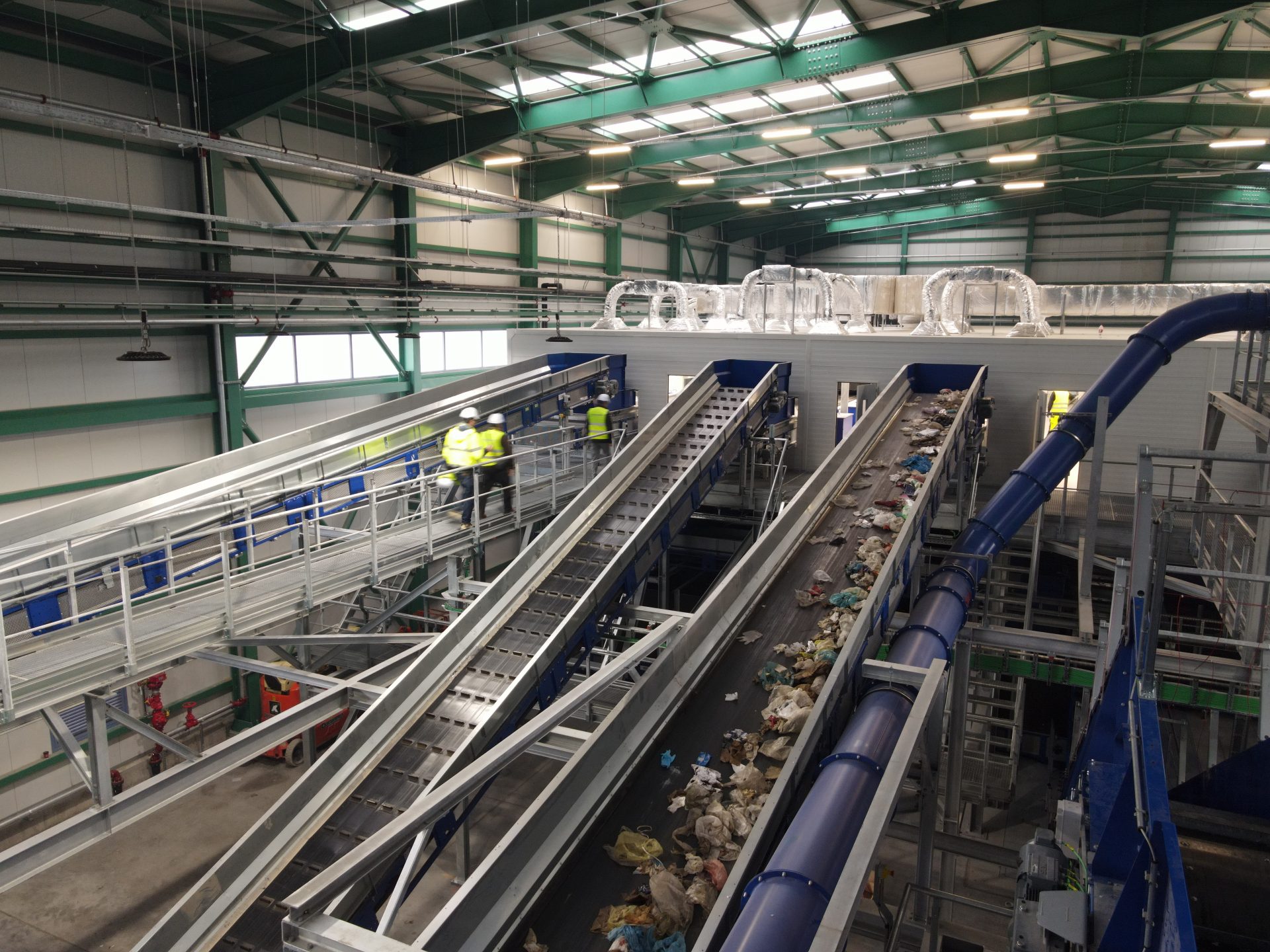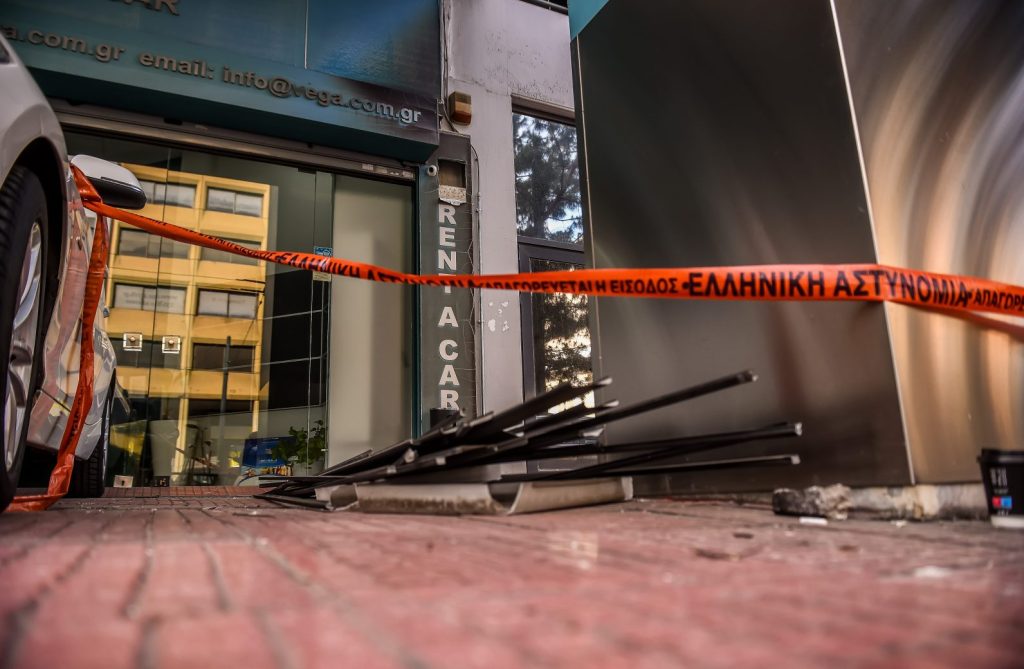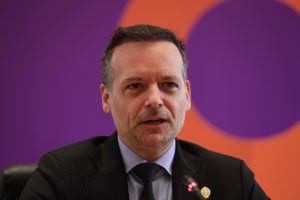The TERNA Energy – TITAN consortium on Monday submitted the sole bid for the Public-Private Partnership (PPP) project to build a waste treatment facility in the central Macedonia region. The project is valued at approximately 202.2 million euros and ranks as the largest waste treatment plant in northern Greece once built.
The planned facility will handle 300,800 tons of residual mixed municipal solid waste annually, with 38,100 tons being separately collected as bio-waste to be sent to a specialized processing unit.
The Waste Management Organization will open the consortium’s bid next Monday, August 5, and if the process goes as expected, the consortium will move forward with the project’s implementation.
The project is set to last 27 years, with the initial two years dedicated to construction. The estimated public funding for this venture is 60 million euros. Once operational, the new plant will cover nearly 65% of the central Macedonia region’s population.
It will accept waste from nine municipalities in the western Thessaloniki area, 60% of the Thessaloniki municipality itself, and other municipalities in the prefectures of Pieria, Imathia, Pella and a portion of Kilkis.
The successful concessionaire will be tasked with the design, construction, financing, operation and maintenance of the facility.
Additionally, the consortium assuming the project will manage the production and utilization of various byproducts, including recyclable materials, compost, electrical and thermal energy and secondary fuel (SRF/RDF).
Secondary fuel is expected to be used as an alternative energy source by TITAN Cement, a partner in the consortium. Future expansions may also involve processing residues from other waste treatment plants, depending on technological capabilities.
Currently, Greece operates 12 such facilities with 19 more under construction. Contracts for at least five new facilities are anticipated by the end of 2024, with an additional six expected in the first half of 2025.
Once facilities serving Kos – Kalymnos, the south Aegean, the north Aegean, and central Greece are tendered, the country will be fully covered by an EU-mandated solid waste treatment network.
Additionally, plans to generate electricity from waste incineration – not a ‘green’ solution, in itself – is billed as enhancing the country’s energy “mix”.



